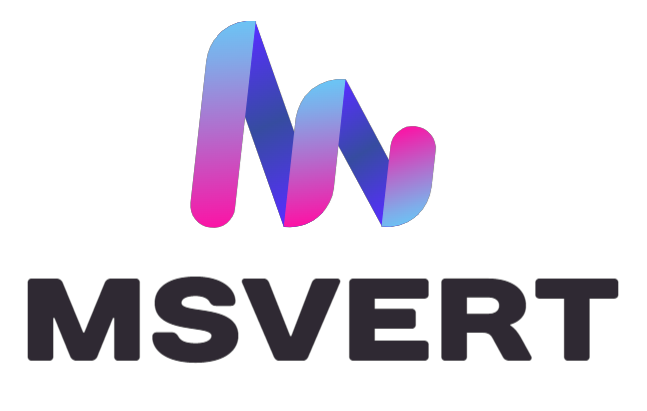Digital Marketing
Digital marketing encompasses a broad range of strategies and tactics aimed at promoting products, services, or brands using digital channels. Here's a comprehensive overview of digital marketing:
Search Engine Optimization (SEO):
Optimizing website content and structure to improve visibility and rankings in search engine results pages (SERPs).
Conducting keyword research to identify relevant search terms and phrases.
Implementing on-page SEO techniques such as meta tags, headings, and internal linking.
Building high-quality backlinks from authoritative websites to enhance domain authority.
Content Marketing:
Creating valuable, relevant, and engaging content to attract and retain a target audience.
Developing a content strategy that aligns with business objectives and target audience preferences.
Distributing content through various channels such as blogs, social media, email newsletters, and guest posts.
Measuring content performance and optimizing strategies based on audience engagement and conversion metrics.
Social Media Marketing (SMM):
Leveraging social media platforms to build brand awareness, engage with audiences, and drive website traffic.
Developing a social media strategy tailored to each platform and target audience.
Creating and sharing compelling content (e.g., posts, images, videos) to foster engagement and interaction.
Utilizing paid advertising options on social media platforms to reach specific audience segments and achieve business goals.
Email Marketing:
Building and nurturing email subscriber lists to communicate with prospects and customers.
Segmenting email lists based on demographics, interests, and behaviors to deliver targeted messages.
Creating personalized email campaigns with relevant content, offers, and calls-to-action.
Analyzing email metrics (e.g., open rates, click-through rates, conversions) to optimize campaign performance and deliverability.
Pay-Per-Click Advertising (PPC):
Running targeted advertising campaigns on search engines (e.g., Google Ads) and social media platforms (e.g., Facebook Ads).
Setting specific goals, budgets, and targeting criteria for PPC campaigns.
Creating compelling ad copy and visuals that encourage clicks and conversions.
Monitoring ad performance and optimizing campaigns based on key metrics such as click-through rate (CTR) and return on ad spend (ROAS).
Affiliate Marketing:
Partnering with affiliate marketers or networks to promote products or services in exchange for a commission.
Recruiting affiliates who have relevant audiences and can effectively promote the brand.
Providing affiliates with promotional materials, tracking links, and performance metrics.
Managing affiliate relationships and monitoring the effectiveness of affiliate marketing campaigns.
Analytics and Measurement:
Utilizing web analytics tools (e.g., Google Analytics) to track and analyze website traffic, user behavior, and conversion data.
Monitoring key performance indicators (KPIs) such as website traffic, conversion rates, and return on investment (ROI).
Generating reports and dashboards to communicate insights and measure the effectiveness of digital marketing efforts.
Using data-driven insights to make informed decisions and optimize strategies for better results.
Digital marketing is a dynamic and evolving field that requires a strategic approach, creativity, and a willingness to adapt to changing trends and technologies. By leveraging a mix of digital marketing channels and tactics, businesses can reach their target audiences effectively, generate leads, and drive measurable results.
